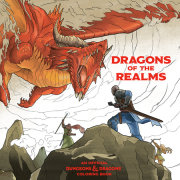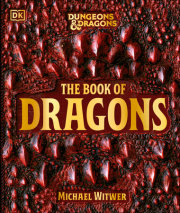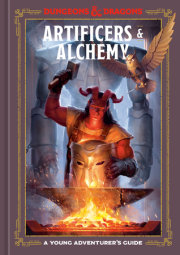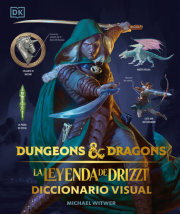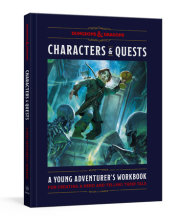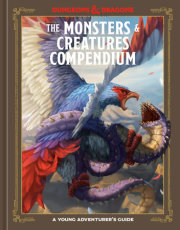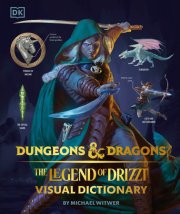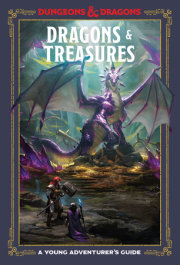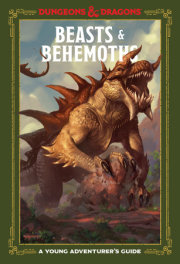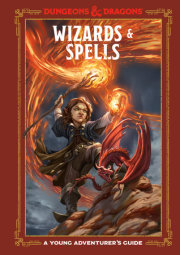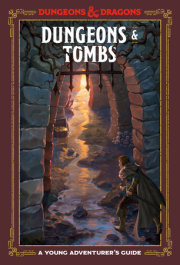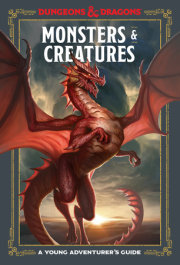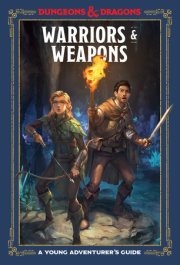IntroductionCan you name a tabletop activity that is highly social, builds community, and has infinite possibilities? If you said dining with friends, you’re right. If you said Dungeons & Dragons, you’re also right! Today, some fifty million people have played the game; D&Dinspired shows and movies top the charts; licensed D&D products fill retail shelves (ahem); and video games based on D&D’s concepts rule the screens. In short, D&D is everywhere—including the kitchen!
Initially published in 1974, Dungeons & Dragons was the world’s first role-playing game and would go on to revolutionize all aspects of the gaming industry and pop culture alongside it. It introduced an array of now-pervasive gaming concepts, from leveling up to gamified role assumption, but it notably held on to some aspects of its war-gaming past. Born out of a gaming culture that prized realistic simulation, the notion of needing food was inherent in the earliest versions of the game, usually represented in the simple tracking of weekly rations. To have any hope of surviving a protracted excursion in the dungeon underworld, you needed to stay fed. Simply put, in D&D, you must eat to live. But adventurers also needed a place to meet, carouse, and gather information, and what better venues to place in front of them than taverns, public houses, and other places of food and drink?
As the game developed through different communities, food became a key part of the game’s narrative experience. In many of the early modules, it was not uncommon for taverns to have long lists of food and drink from which adventurers could choose. For example, in the iconic
Keep on the Borderlands, adventurers have the option of no less than five drinks and eight dishes, from honey mead and bark tea to pudding and roast joint. By the time the
Forgotten Realms campaign world was in full force, there were entire books devoted to rating and discussing inns and dining establishments (thanks, Volo!). More cosmopolitan venues in the multiverse boasted restaurants that might seem worthy of a Michelin star or two.
Why so many options for an element of realism that could just as simply check the box? Perhaps it’s because early designers realized that food could provide new avenues for the narrative experience. Would a haughty aristocrat be content with iron rations? How well can that halfling hold her drink and what does she do when she doesn’t? This is to say, the unexpected, memorable, and hilarious moments of any given D&D session are as likely to come up over an in-game tankard of Neverwinter Nectar (page 30) as they are while battling a feisty gaggle of kobolds.
In the first book,
Heroes’ Feast: The Official D&D Cookbook, we posed the question, “How can food elevate and enhance the D&D experience?” In
Heroes’ Feast Flavors of the Multiverse, we ask, “How can cooking and dining play an essential part of the communal gaming experience?” The book that you are holding is both a guide to D&D food and a culinary companion to your game nights. It includes more than seventy-five delicious recipes, which you can enjoy alongside your in-game character. We’ve even created some food-loving characters of our own (once nameless adventurers taken straight from the cover of the first
Heroes’ Feast) whose madcap, multiversal adventures provide the locational basis for the dishes herein. Our hope is that this book not only adds a visceral and delicious element to your games but also becomes another avenue to connect with fellow gamers. So, in the immortal words of the original Player’s Handbook, “enjoy, and may the dice be good to you.”
Copyright © 2023 by Kyle Newman, Jon Peterson, Michael Witwer, Sam Witwer, Official Dungeons & Dragons Licensed. All rights reserved. No part of this excerpt may be reproduced or reprinted without permission in writing from the publisher.

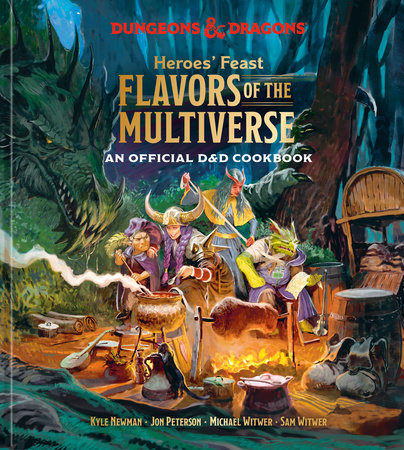
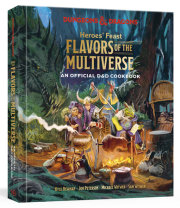



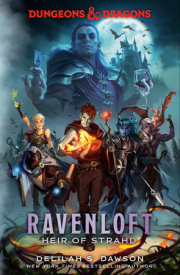


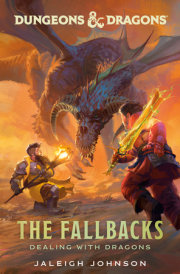
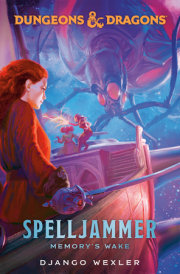
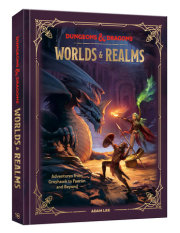
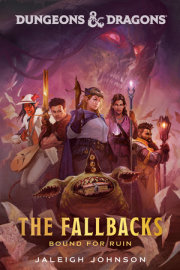
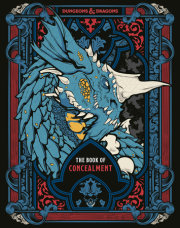
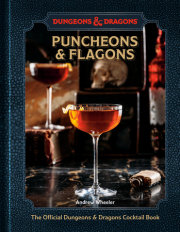
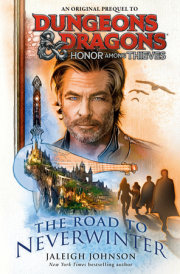
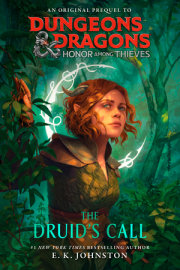
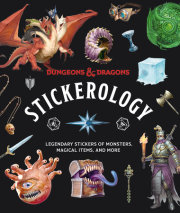

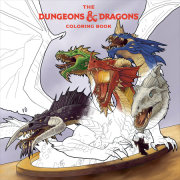
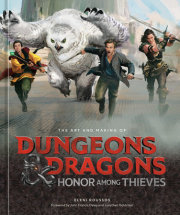
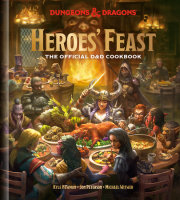
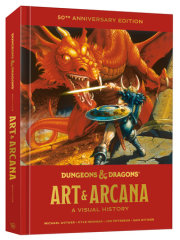
![Dungeons & Dragons Art & Arcana [Special Edition, Boxed Book & Ephemera Set]](https://images.penguinrandomhouse.com/cover/9780399582752?width=180)


